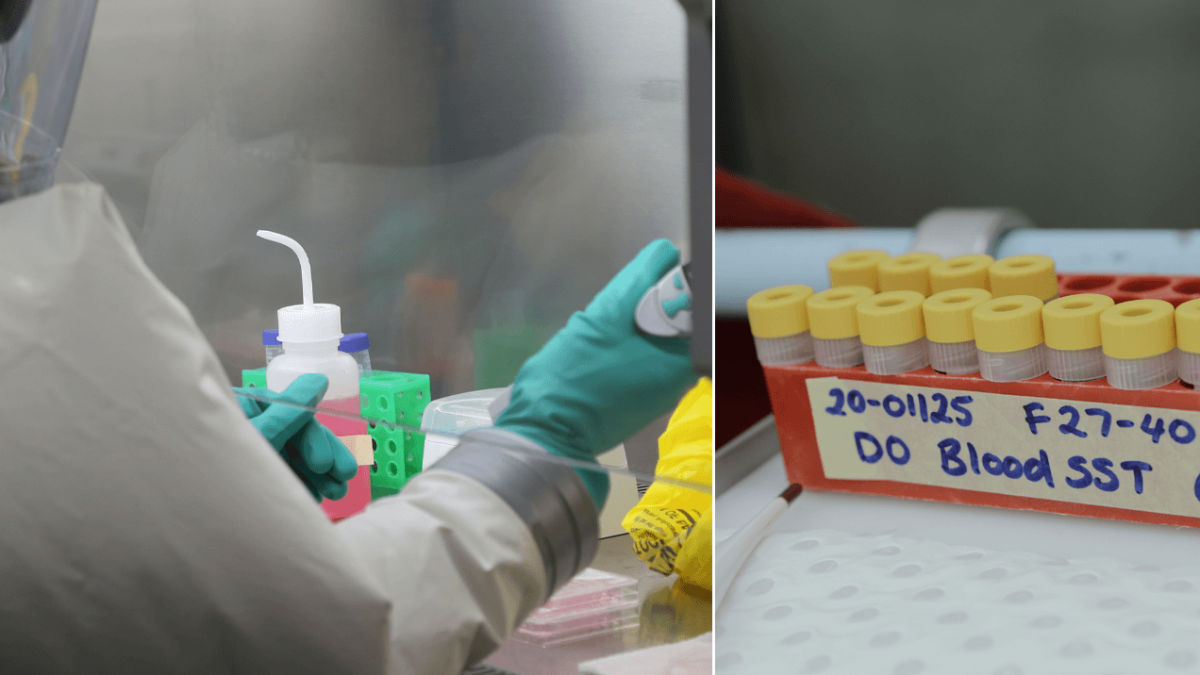
The CSIRO has begun testing potential vaccines for COVID-19 at its facilities in Geelong.
The organisation is conducting pre-clinical trials on ferrets at the Australian Animal Health Laboratory (AAHL) as part of a global effort to derail the coronavirus pandemic.
“CSIRO researchers are working around-the-clock to combat this disease which is affecting so many – whether it’s at the AAHL or at our state-of-the-art biologics manufacturing facility, we will keep working until this viral enemy is defeated,” said CSIRO Chief Executive, Dr Larry Marshall.
Professor Trevor Drew, Director of AAHL, said the team has been studying the virus that causes COVID-19, SARS CoV-2, since January.
In eight weeks, they made progress which normally takes over a year.
“We are carefully balancing operating at speed with the critical need for safety in response to this global public health emergency,” he said.
CSIRO scientists were the first in the world to confirm ferrets react to SARS-CoV-2. They will now compare immunised ferrets with non-immunised ferrets.
The trials are expected to take three months using vaccine candidates developed by the University of Oxford and Inovio Pharmaceuticals. If they are found to be safe and effective, human trials could start shortly after.
The AAHL in Geelong has been developing and testing vaccines since 1985. It’s the only high biocontainment facility in the southern hemisphere that deals with “highly dangerous” and “exotic” pathogens, including diseases which transfer from animals to people.
These trials are among several being conducted around the world for COVID-19. The World Health Organisation predicts a vaccine could be ready within 18 months.



